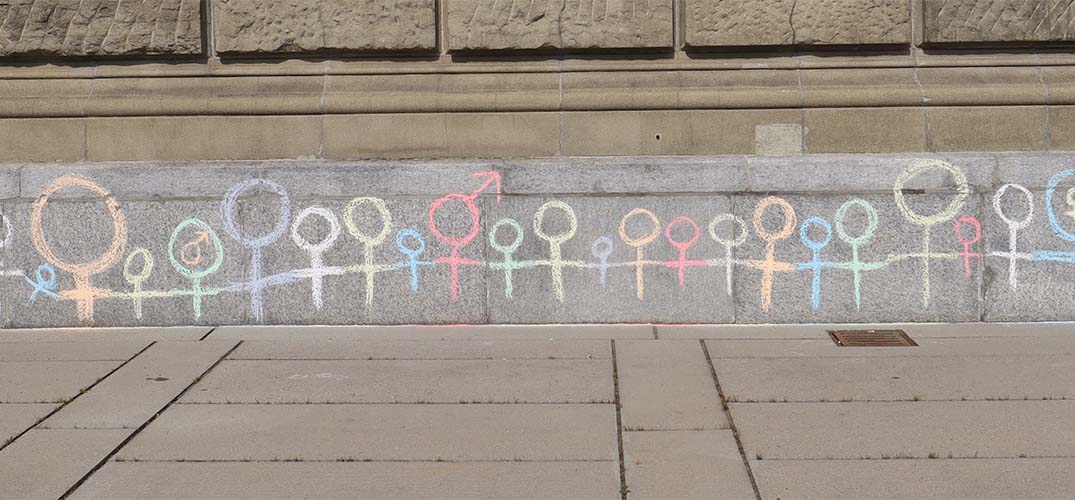Gender equality is not only a fundamental human right, but critical for reducing gender-based violence (GBV) and promoting sustainable economic growth.
This is the key finding from a new study by KPMG South Africa in partnership with the Shared Value Africa Initiative (SVAI) and the University of Johannesburg.
The study not only investigates South African employers’ readiness, response, and relevant gaps in relation to GBV in the workplace, but the respondent companies intend to drive change and strengthen collaboration across sectors to combat this pandemic.
“GBV in the workplace continues to pose a significant threat to women. Sexual harassment and assault in the professional setting disproportionately affect female employees, subjecting them to distressing and humiliating experiences,” says Ignatius Sehoole, KPMG Southern Africa CEO, and KPMG Africa chairman.
“We also know that sexual harassment claims can have a substantial influence on a company’s reputation. It is, therefore, unsurprising to find that all the employers we engaged with acknowledge that GBV is an issue that they need to help address.”
The initiative, undertaken as part of an ongoing collaboration with the Shared Value Africa Initiative (SVAI), the #ItsNotOK movement, and the University of Johannesburg, aims to help corporate South Africa play a key role in ending GBV. The ongoing study will also consider the implementation of gender equality in the workplace based on the premise of at least four of the United Nations (UN) Sustainability Development Goals (SDGs); Goals 5, 8, 10, and 17, which not only places an emphasis on issues related to gender inequality, but also brings in employers on this societal issue, and how women, who are the most affected, can be empowered. This approach not only examines the power of workplace influence in shaping social norms, but how organisations can play a crucial role in driving positive change and paving the way for a more equitable future.
As seen from the pilot study, South African corporates believe that GBV is their responsibility, and that gender inequality is a key contributor to GBV.
“It is unacceptable, though, that we continue to see high numbers of violent crimes that affect women daily in our country, due to the pay disparities,” says Sehoole. “The reality is that, despite efforts by different organisations and governments to try and raise the profile of the scourge, we are still faced with challenges. However, the emergence of ESG as a critical part of most businesses’ agenda, means there is at least hope.”
Key trends identified by the pilot study are:
* 100% of the respondents believe employers have a duty to combat GBV;
* 100% of the respondents expressed the need for wider cross-sectoral collaboration;
* 78% of the respondents had insufficient GBV awareness training;
* 94% of the respondents had no, or insufficient, GBV policies and safety plans;
* 94% of the respondents expressed the need for a GBV standard;
* 89% of the respondents didn’t have GBV support groups, even though most did have general employee support programmes; and
* 83% of the respondents didn’t have a working knowledge of the existing legislation.
According to Prof Letlhokwa Mpedi, UJ vice-chancellor, and principal, creating a more level playing field requires us to reconfigure not only our structures, systems, and support; we must fundamentally rethink our world.
“Gender inequality persists because of our inability to fully embrace this process and the implication of failing to do so results in wage gaps, unequal opportunities, and GBV.
“We must actively, and deliberately, continue to promote gender equality and justice. This means to be unwavering in our resolve to foster transparency and accountability around GBV within our schools, campuses, and workplaces if we are to address the unequal structures that currently persist,” Prof Mpedi says.
“Collaboration lies at the heart of our mission to combat GBV and promote gender equality. That’s why the #ItsNotOk movement, a joint effort by Shift Impact Africa and the Shared Value Africa Initiative, has once again combined forces with KPMG South Africa and the University of Johannesburg this year,” says Tiekie Barnard, founder and CEO of Shared Value Africa Initiative & Shift Impact Africa.
In a further response to the KPMG study, the Shared Value Africa Initiative and Shift Impact Africa are releasing the recently developed Gender Equality Self-Assessment Tool as well as a Gender Equality Implementation Guide for the private sector.
“We are committed to empowering leaders across all organisations with a powerful tool that will drive action and foster a diverse, empowered workforce. Our unwavering dedication to this cause fuels our excitement as we unveil this solution, aimed at making a significant impact in our collective journey towards a more equitable world,” says Barnard.
“Gender equality is not only a fundamental human right, but also a critical factor for reducing poverty and promoting sustainable economic growth,” Sehoole says. “Today there is substantial evidence to indicate that gender-based inequalities have a restricting effect on both economic progress and poverty reduction.
“However, multisectoral collaboration is key – which means well-coordinated collaboration among stakeholder groups (for example: government, NGOs, civil society, universities, and private sector players) to jointly achieve a positive outcome.”

